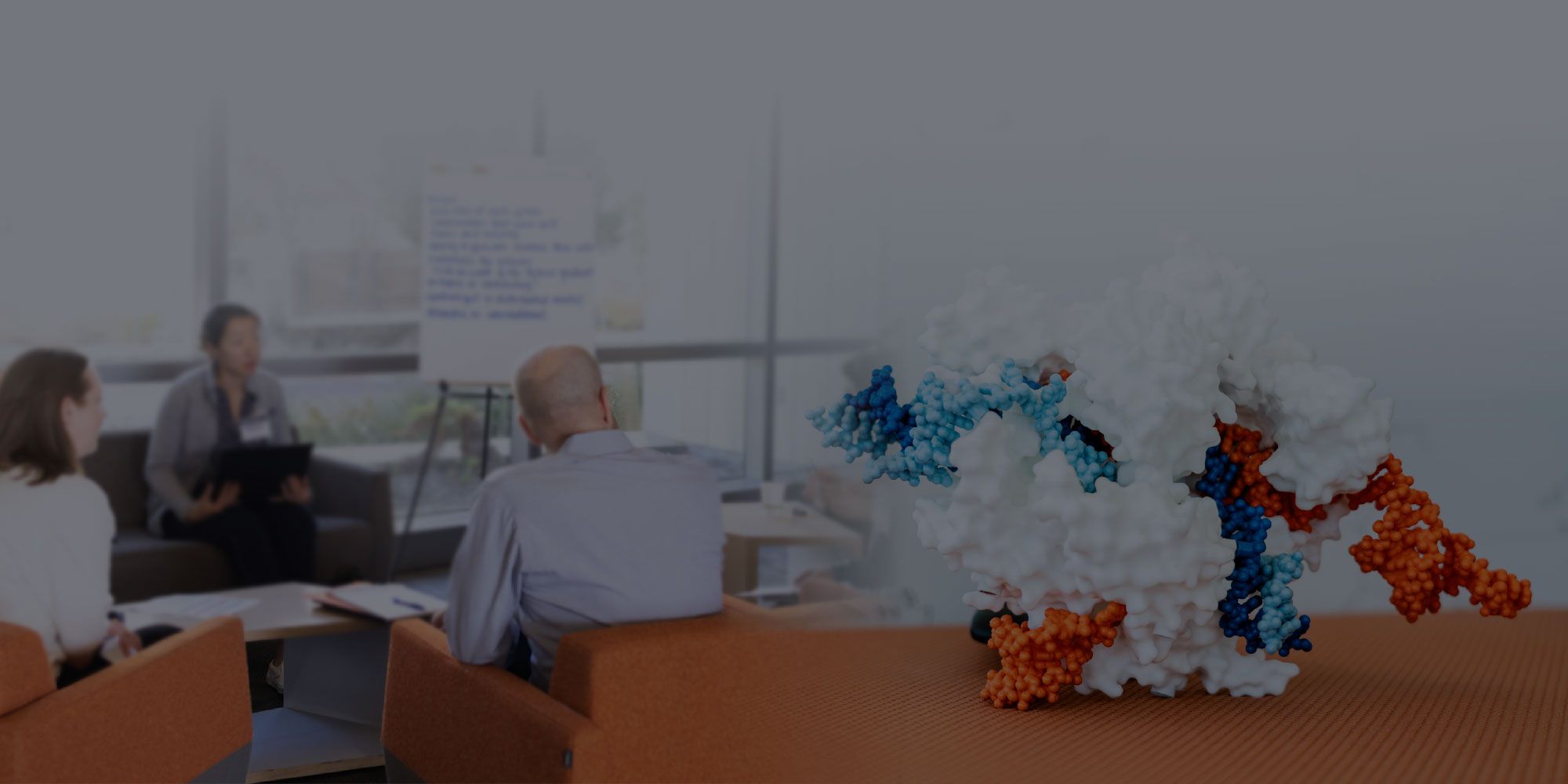Gene Editing & Societal Engagement Toolkit
About this toolkit
This toolkit provides guiding questions, planning frameworks, and references to support gene-editing researchers, developers, and partners in getting started on societal engagement for gene editing. The toolkit was developed by the Innovative Genomics Institute, the Kavli Center for Ethics, Science, and the Public, and Keystone Policy Center.


Click below to download the full text toolkit, or keep reading to learn more and download individual parts of the kit.
Why is societal engagement important for gene editing?
Gene editing has the potential to address urgent challenges in the environment, climate change, human health, and food and nutrition security. A key to responsible use of this powerful technology is recognizing the important role of societal interests and social license in addressing concerns and achieving benefits.
Click here to learn more about the benefits of societal engagement for gene editing.
Key questions to guide engagement
- Click here for basic questions and considerations that should guide any societal engagement effort. The design — including the scale, scope, mechanisms and duration/iteration — of engagement can differ significantly depending on the answers to these questions.
- To dive deeper on basics of engagement planning, check out the Collaborative Action Toolkit – Keystone Policy Center for a step-by-step process of inquiry that guides you through these questions to help determine the right level and form of engagement for your needs.
- Click here for specific considerations for gene editing and societal engagement that may affect why, when, who, and how to engage. These include what problems you are trying to solve with gene editing, what you are editing, and where you are in your development cycle, and additional social, cultural, environmental, regulatory, legal and trade contexts.
About the science
Click here for some basic resources about gene editing and CRISPR that can be helpful in providing background explanations to non-technical audiences.
Resources & references
Click here for a selection of resources and references that users of this toolkit may find useful. Of course, these links do not constitute the entirety of useful scholarship and resources out there, but we hope they give a slice of relevant information.
For recommended general reading on collaborative problem solving and facilitation strategies applicable to a wide variety of science-policy issues, check out the resource guide available for free download at Common Higher Ground Workshop – Keystone Policy Center.
